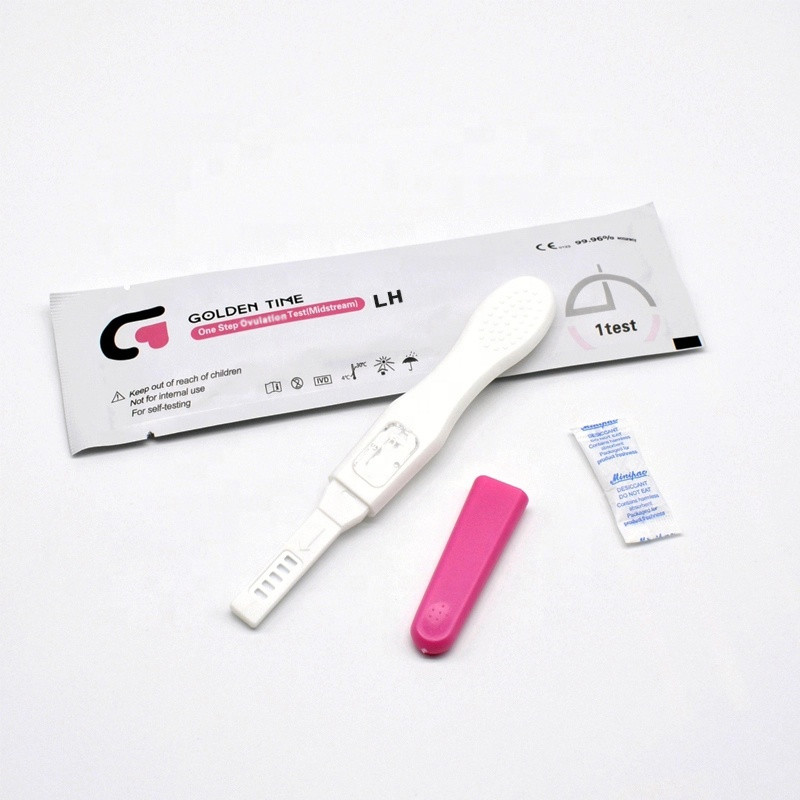
Nov . 17, 2024 17:25 Back to list
antigen rapid test kit
Understanding Antigen Rapid Test Kits A Key Tool in Modern Diagnostics
As the world continues to navigate the challenges posed by infectious diseases, particularly the COVID-19 pandemic, antigen rapid test kits have emerged as vital instruments in the realm of diagnostics. These kits provide a swift and effective means of detecting pathogens, offering numerous advantages over traditional testing methods.
What are Antigen Rapid Test Kits?
Antigen rapid test kits are diagnostic tools used to detect specific antigens related to pathogens such as viruses or bacteria. Unlike polymerase chain reaction (PCR) tests, which detect genetic material, or serological tests that look for antibodies, antigen tests target particular components of the pathogen itself. This kind of testing is particularly beneficial in situations requiring rapid results, such as mass screenings in airports, schools, and workplaces.
How Do They Work?
Typically, an antigen rapid test involves a simple procedure. A sample, often obtained through a nasal swab, is placed on a test strip that contains antibodies specific to the target antigen. If the antigen from the pathogen is present in the sample, it will bind to these antibodies, triggering a visible reaction, such as a color change or the appearance of a line on the test strip. The entire process can often be completed in as little as 15 to 30 minutes, making antigen tests incredibly efficient.
Advantages of Antigen Rapid Test Kits
1. Speed The most significant advantage of antigen rapid tests is their ability to deliver results quickly. This rapid turnaround is essential for timely decision-making, especially in outbreak scenarios where immediate isolation or treatment is crucial.
2. Ease of Use Antigen tests can often be administered by individuals with minimal training, making them suitable for use in a variety of settings, including homes, schools, and workplaces. This accessibility helps increase testing rates, particularly in resource-limited areas.
antigen rapid test kit

3. Cost-Effectiveness Compared to PCR tests, antigen rapid tests are generally more affordable. This cost-effectiveness makes widespread testing more feasible, supporting public health initiatives to identify and contain outbreaks.
4. Portability Many antigen rapid test kits are designed for portability, allowing them to be used in diverse settings. This feature is particularly valuable in situations where laboratory infrastructure is limited, such as in rural areas or during emergency response situations.
Limitations to Consider
While antigen rapid tests offer many advantages, they are not without limitations. Their sensitivity can be lower than that of PCR tests, meaning there is a risk of false negatives, especially in individuals with low viral loads. Consequently, a negative result may need to be confirmed with a PCR test, particularly in symptomatic individuals or in high-risk settings.
Additionally, the accuracy of these tests can be affected by factors such as the timing of the test relative to exposure and the type of antigen being detected. Thus, while they are a valuable tool for rapid screening, it is crucial to use them in conjunction with other diagnostic methods and public health strategies.
Conclusion
Antigen rapid test kits represent a significant advancement in the field of diagnostics, particularly in the context of infectious disease management. Their speed, ease of use, and cost-effectiveness make them an essential tool for public health officials and healthcare providers. As we continue to confront various health challenges, including the ongoing response to COVID-19, the role of these rapid tests will be pivotal in ensuring timely identification and management of infectious diseases.
By enhancing our testing capabilities and increasing accessibility, antigen rapid test kits are helping to shape a more resilient healthcare system ready to tackle current and future public health crises.
-
Dengue NS1 Rapid Diagnostic Test Kit
NewsMar.07,2025
-
Dengue NS1 Rapid Diagnostic Test Kit
NewsMar.07,2025
-
Dengue NS1 Rapid Diagnostic Test Kit
NewsMar.07,2025
-
Transferrin Rapid Test Cassette Tumor Marker TF Card
NewsMar.07,2025
-
Malaria Pf Pan Rapid Diagnostic Test Kit
NewsMar.07,2025
-
malaria pf / pan ag rapid test
NewsMar.07,2025
